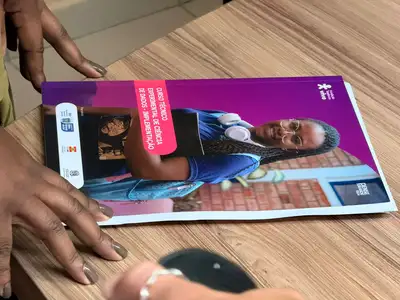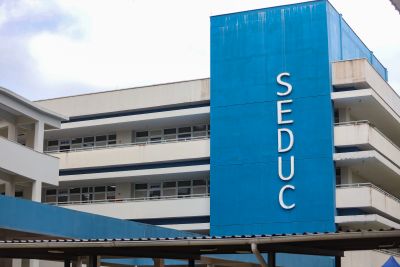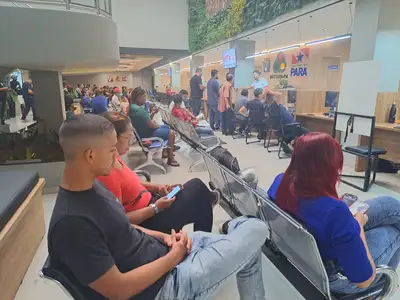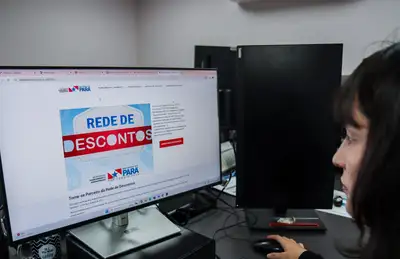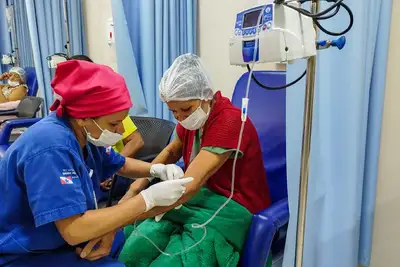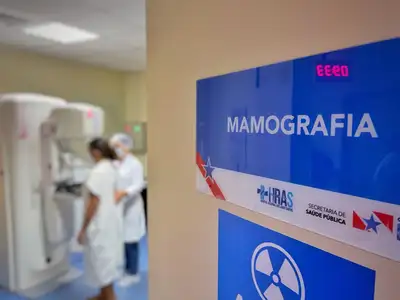Ideflor-Bio presents Agroforestry Systems to a master's student from the African continent
Meeting held at the Institute's headquarters in Belém discussed Prosaf and cumaru cultivation in Agroforestry Systems
The Institute for Forest Development and Biodiversity of Pará (Ideflor-Bio) received the exchange master's student in Biodiversity and Sustainability from the Federal University of Pará (UFPA) - Paragominas Campus, Jospin Soglohair. The student, originally from Benin, a country on the African continent, sought the agency to learn more about the Agroforestry Systems Project (Prosaf) and about cumaru cultivation in Agroforestry Systems (SAFs) in Pará.
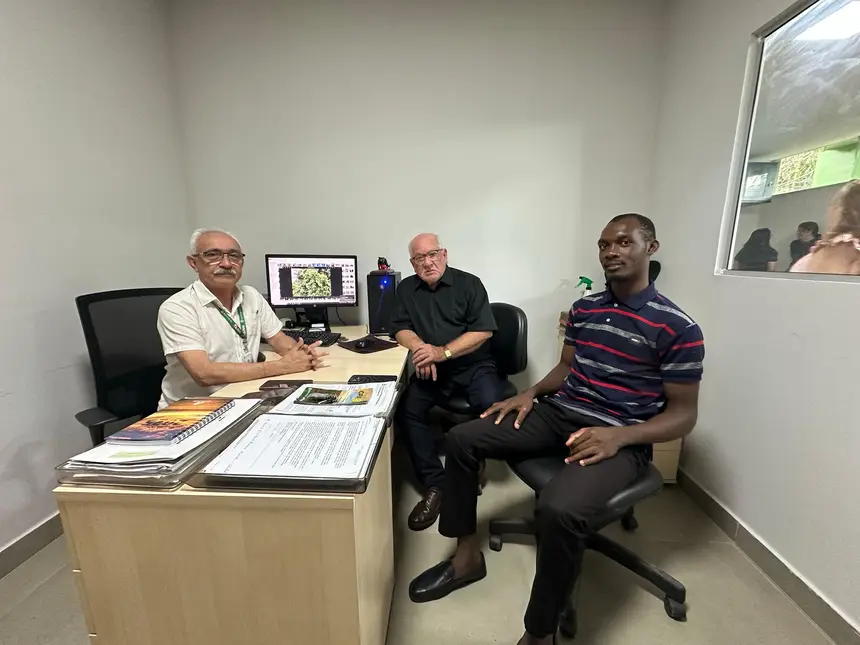
According to Vicente Neto, the Director of Forest Chain Development, the action is important to share knowledge about the project and to promote to the world what is done in the SAFs of Pará. "It is a special way to give visibility to this project developed for years by Ideflor-Bio. It is also very important to share this with this exchange student, as there are also cumaru cultivations in Benin, where it is known as tonka bean," he informed.
Recovery - Vicente Neto also emphasized that SAFs allow for income generation for families living from extractivism, along with the recovery of degraded areas. "Prosaf has this characteristic of recovering areas and generating income, and it plays a very important social, economic, and environmental role for the families involved. And here, in the Amazon region, we have all the favorable conditions for the execution of this type of production," he added.
Research work with coumarin is supported by UFPA, the Federal University of Western Pará (Ufopa), the Brazilian Agricultural Research Corporation (Embrapa Amazônia Oriental), and the Technical Assistance and Rural Extension Company of the State of Pará (Emater) and is developed in the western region of Pará. The results of the research on cumaru conducted in Prosaf will be important for the qualification of the raw material, which will be destined for the market.
Text: Sinval Farias, with supervision by Vinícius Leal - Ascom/Ideflor-Bio


